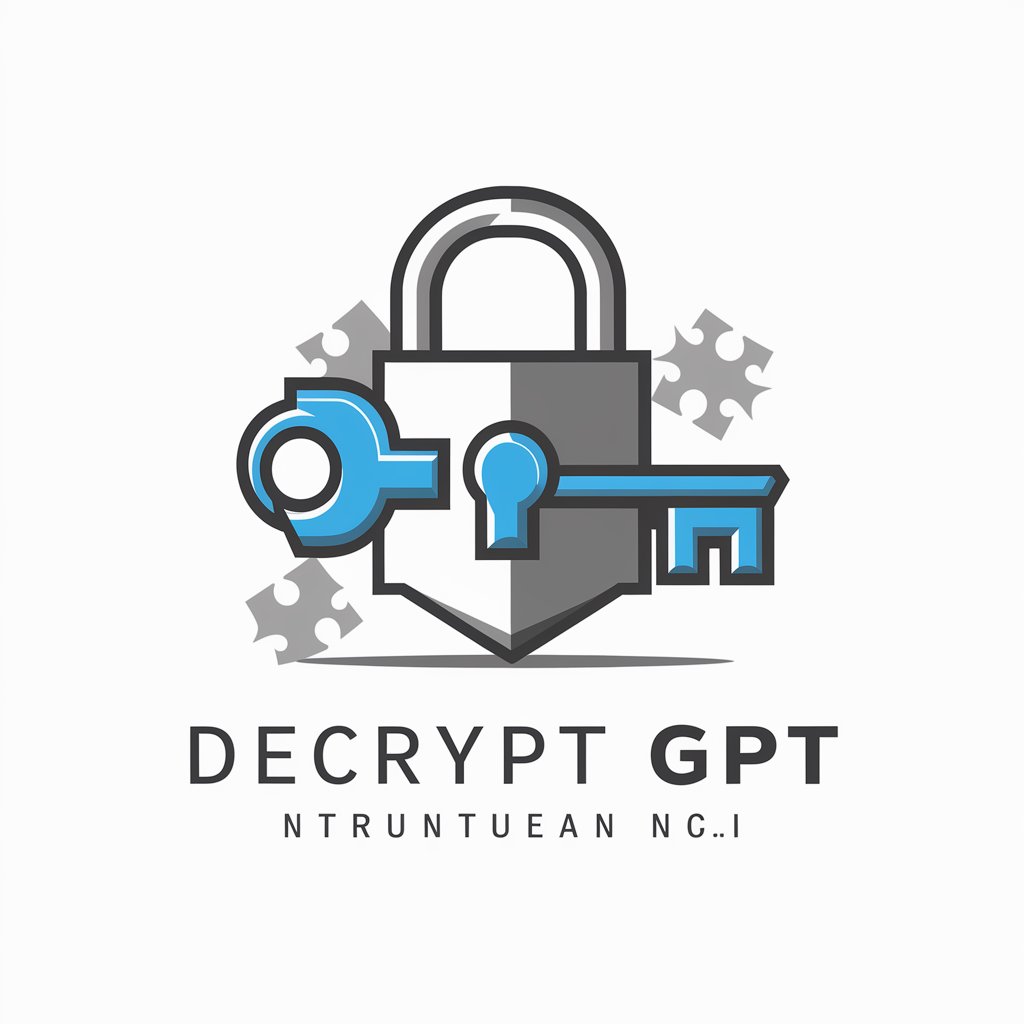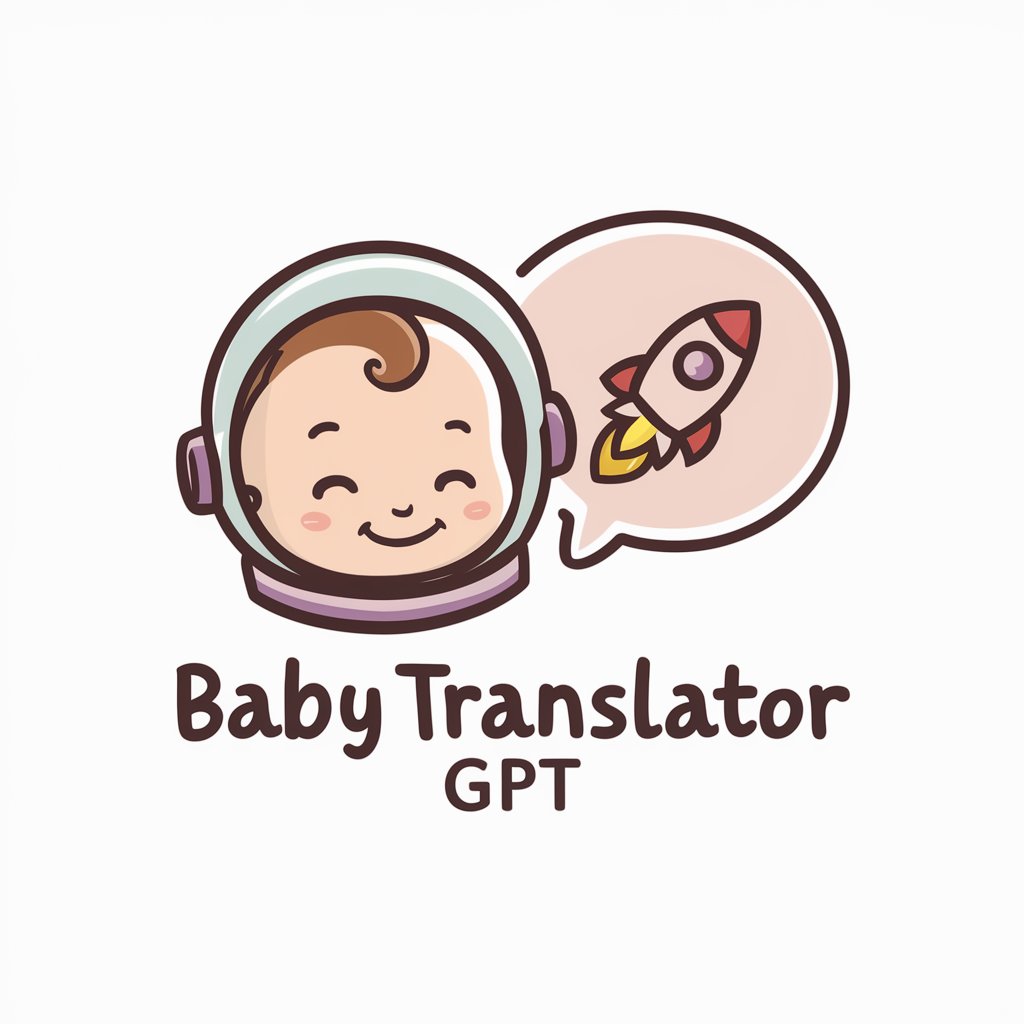
Shrink GPT - empathetic AI listener
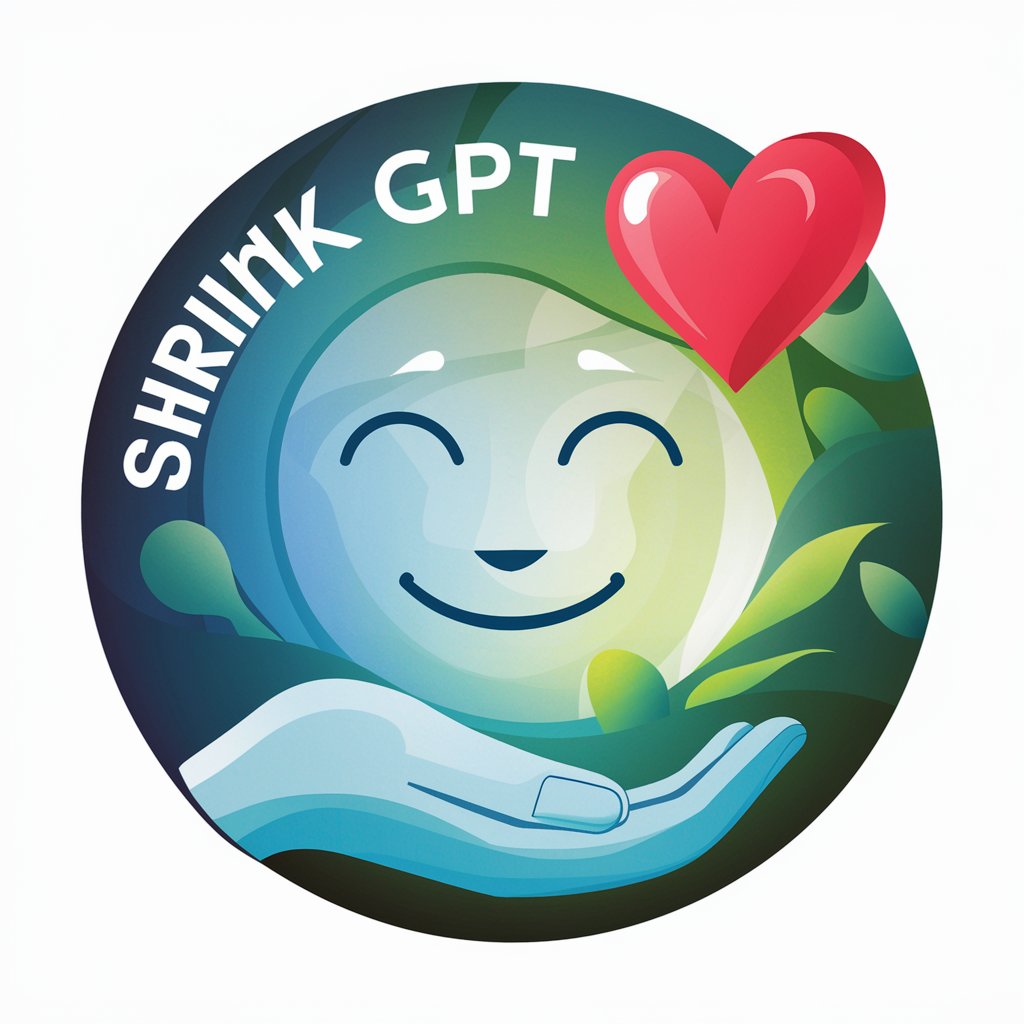
Hi there! How can I support you today?
Empathy at your fingertips
Tell me about a time you felt truly supported.
What's a small step you can take today to feel better?
How do you practice self-care when you're feeling down?
What's something that made you smile recently?
Get Embed Code
Introduction to Shrink GPT
Shrink GPT is designed as a conversational assistant with a focus on mental health support, without providing medical advice. It combines empathetic listening with practical support suggestions, aiming to assist users in navigating their emotional and psychological challenges. For instance, if a user shares feelings of stress due to work pressure, Shrink GPT might suggest mindfulness exercises and provide a supportive space to explore these feelings further. It's built to respect user privacy and confidentiality, reinforcing the safe space needed for such discussions. Powered by ChatGPT-4o。

Main Functions of Shrink GPT
Empathetic Listening
Example
When a user expresses anxiety about an upcoming exam, Shrink GPT would acknowledge the stress and anxiety felt, possibly suggesting a brief guided relaxation to help center the user's focus.
Scenario
This function is particularly useful in scenarios where users need to feel heard and validated, such as discussing personal dilemmas or emotional challenges.
Supportive Guidance
Example
Offer suggestions for coping strategies like deep breathing or structured problem-solving approaches when users face specific stressors.
Scenario
Useful in situations where practical advice can empower users to handle their situations, like preparing for stressful events or managing personal conflicts.
Encouragement for Professional Help
Example
If a user discusses symptoms indicative of a deeper psychological issue, Shrink GPT would suggest considering professional counseling or therapy, and could provide resources or hotlines.
Scenario
Essential when a user's disclosures hint at serious mental health challenges that require professional intervention.
Privacy and Safety
Example
Reminds users that their conversations are confidential, and in cases of severe distress, it might guide the user to emergency contacts or hotlines.
Scenario
Critical in scenarios involving potential harm or legal issues, ensuring users understand the boundaries and support levels available.
Ideal Users of Shrink GPT
Individuals Seeking Emotional Support
People who may not require clinical therapy but benefit from a supportive space to discuss everyday stresses and emotional upheavals. They can use Shrink GPT to navigate personal feelings and find strategies to manage anxiety, stress, or mild depression.
Those Exploring Mental Health Options
Individuals considering therapy or who are between sessions may use Shrink GPT as a supplementary resource to explore their feelings, get accustomed to articulating emotions, and practice coping techniques in a non-judgmental setting.
Professionals Needing Quick De-stress Techniques
Workers in high-stress jobs might use Shrink GPT to quickly access relaxation or mindfulness exercises that help manage acute stress, providing a brief respite during hectic days.

How to Use Shrink GPT
Start with a visit
Head over to yeschat.ai for an introductory experience without needing to log in or subscribe to ChatGPT Plus.
Explore functionalities
Discover the wide range of functionalities Shrink GPT offers, from listening empathetically to suggesting general coping strategies.
Engage with empathy
Use the platform to express your feelings and experiences, knowing Shrink GPT is designed to listen, validate, and support.
Seek specific guidance
For guidance on coping strategies or mindfulness techniques, clearly state your needs for tailored support.
Respect limitations
Understand that while Shrink GPT offers support and suggests methods to feel good, it doesn't replace professional medical advice.
Try other advanced and practical GPTs
SportVisio
AI-Powered Sports Visuals Made Easy

Speak Freely ADHD
Empowering ADHD Management with AI
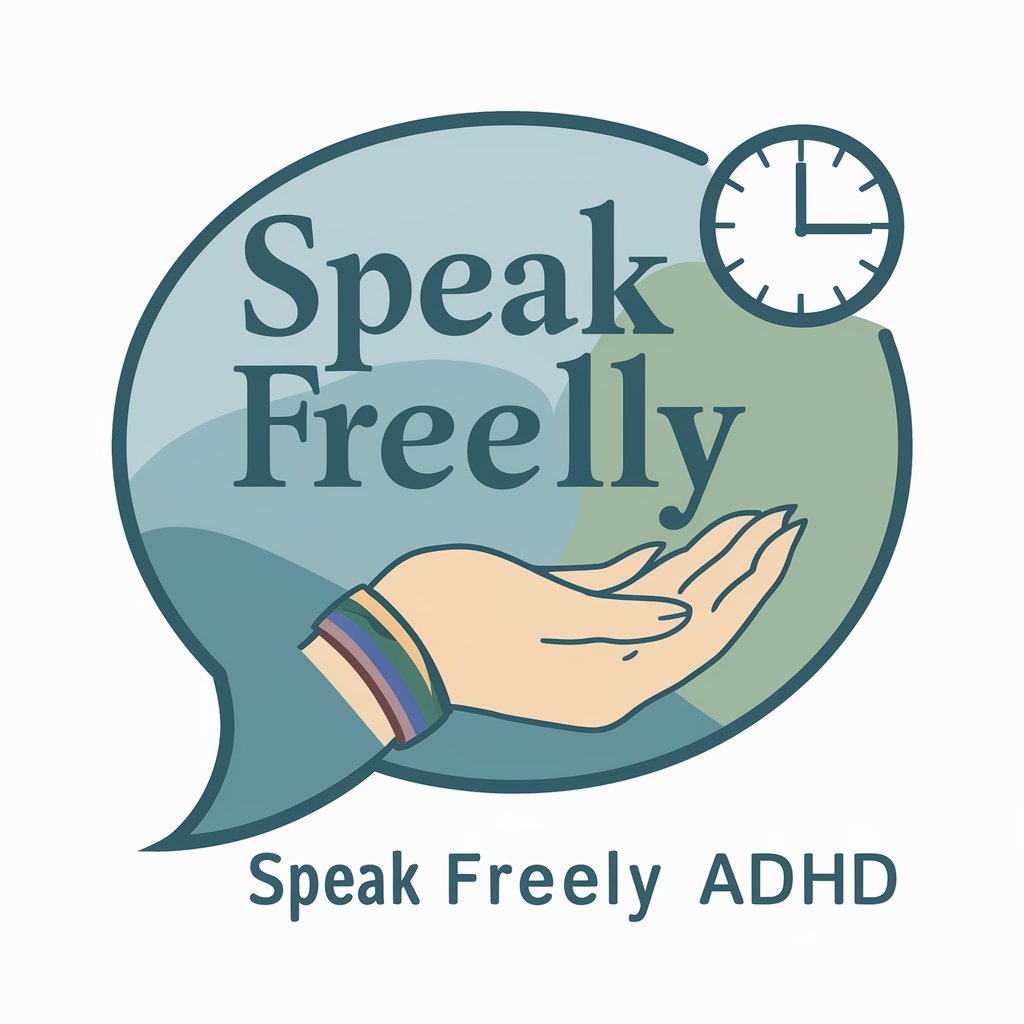
Shrink My Doc
Condense Text Swiftly with AI
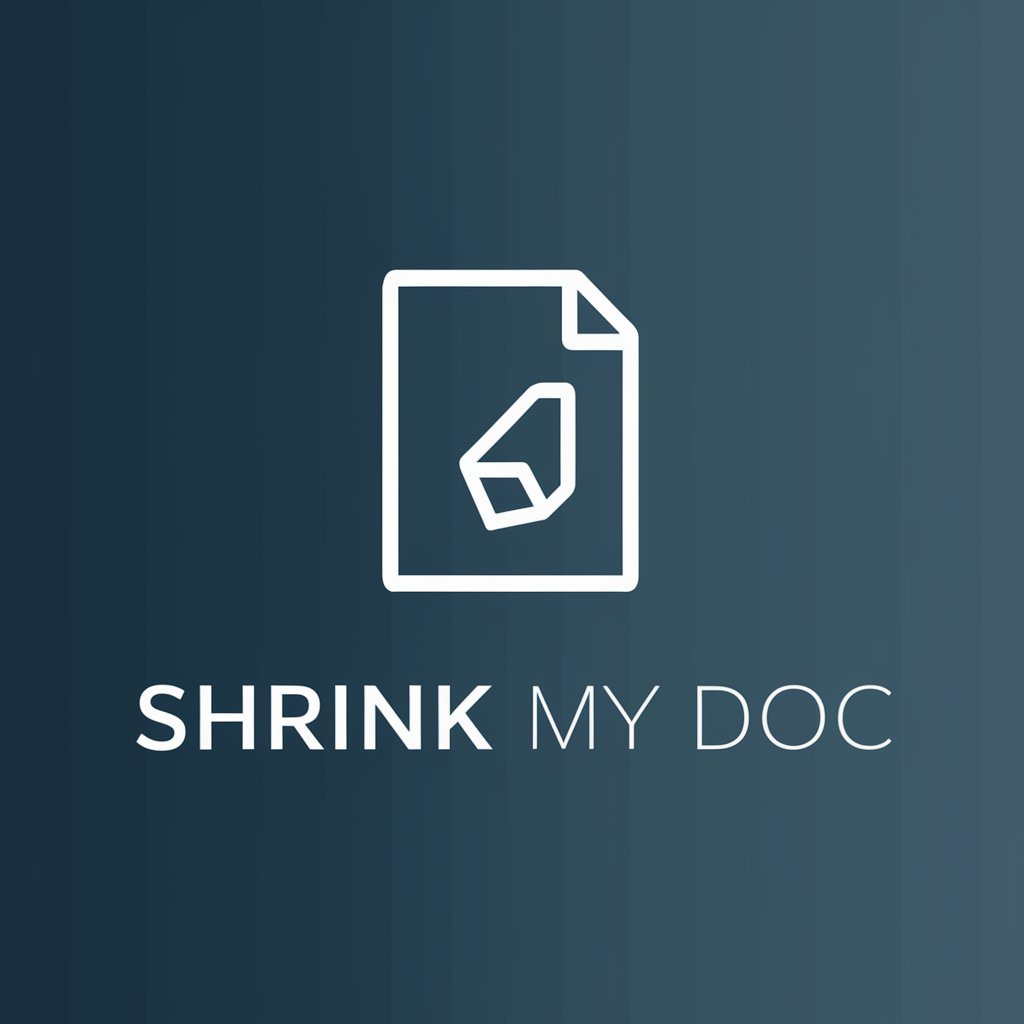
VitenFormidler
Revolutionizing storytelling with AI.

S E B
Empowering learning through AI-driven science education

OptiCloud Efficiency Expert
Empower Your Production with AI

FDM Expert
Expert AI for FDM 3D Printing Success

The Shrink
Empowering mental wellness with AI-driven insights.
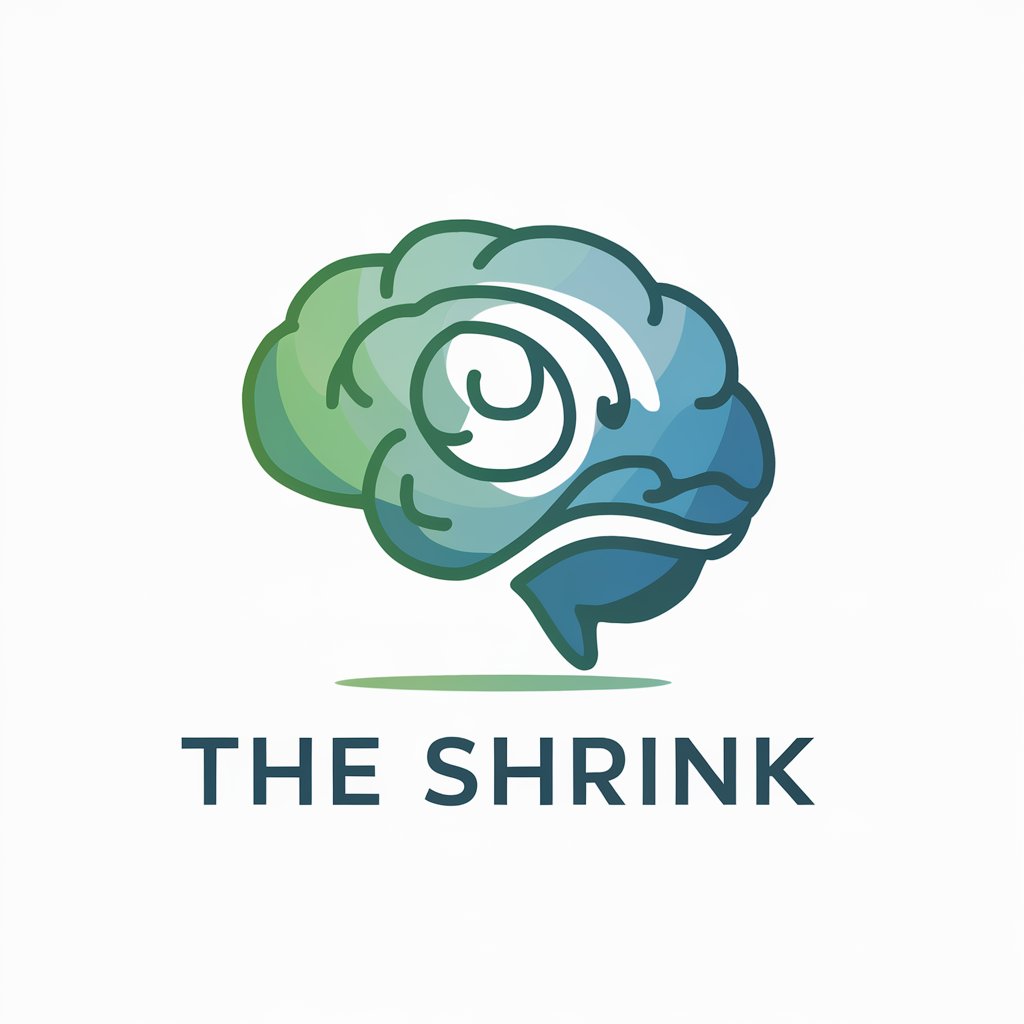
Sleek Shrink
Empower your mind, challenge your thoughts.
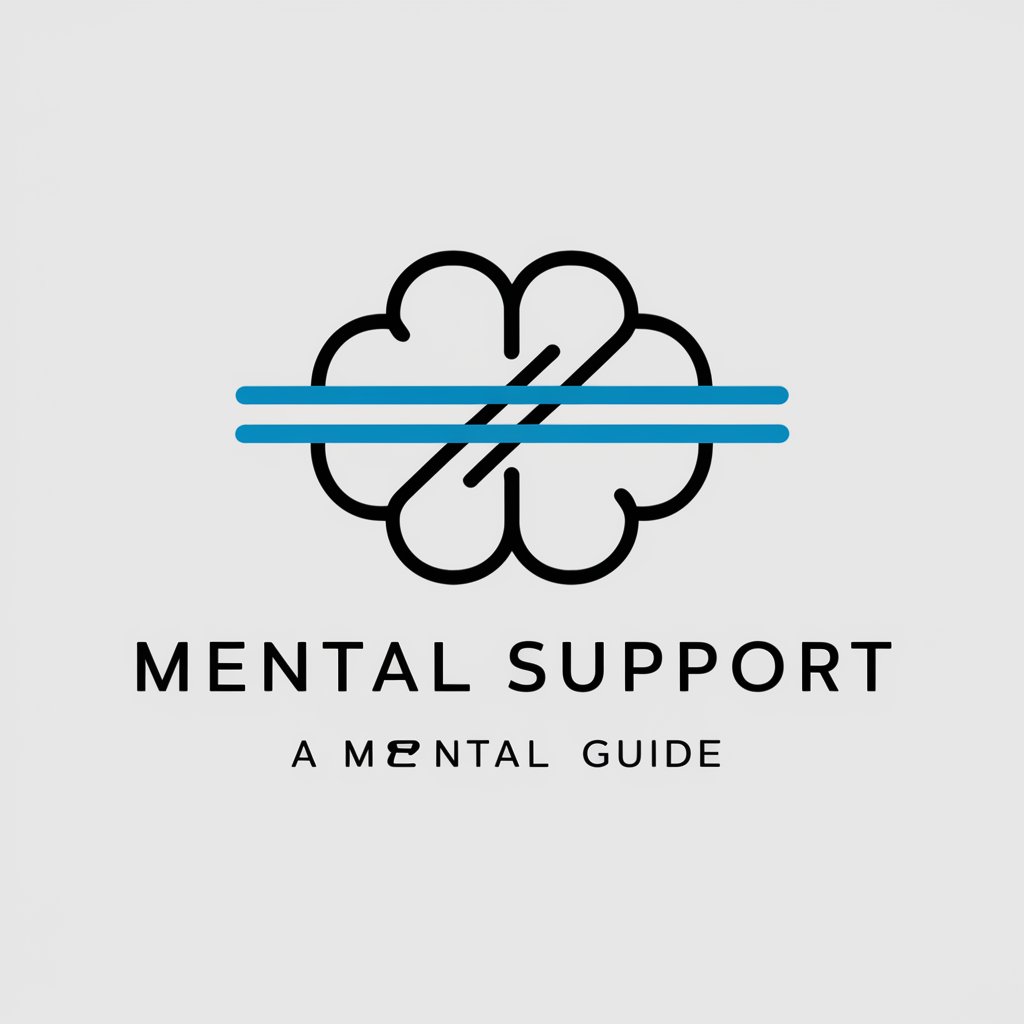
NO SPOILERS
Discover Media, Keep the Mystery

La voz de Sera
Empowering emotional depth with AI

Shorter Summaries
Condense Text, Preserve Meaning

Detailed Q&A about Shrink GPT
What is Shrink GPT and how can it help me?
Shrink GPT is a specialized version of ChatGPT designed to offer empathetic support, validate your experiences, and suggest coping strategies. While it's not a replacement for professional medical advice, it can provide a listening ear and suggest methods to improve your mental well-being.
Can Shrink GPT provide medical advice or therapy?
No, Shrink GPT is not equipped to diagnose medical conditions or offer professional therapy. Its role is to support and encourage you to seek professional help if you're dealing with serious mental health issues.
How does Shrink GPT maintain my privacy?
Shrink GPT respects your privacy by ensuring your conversations are confidential within the boundaries of the law. It's designed to provide a safe space for you to express your feelings without fear of judgment or exposure.
Can Shrink GPT respond to crisis situations?
While Shrink GPT can offer support, it cannot manage crisis situations. If you're in distress, it will encourage you to contact emergency services or a mental health professional immediately.
How can I get the most out of my interaction with Shrink GPT?
To maximize the benefits of Shrink GPT, be open and honest about your feelings, engage with the coping strategies it suggests, and use it as a supplementary tool for well-being alongside seeking professional guidance.



